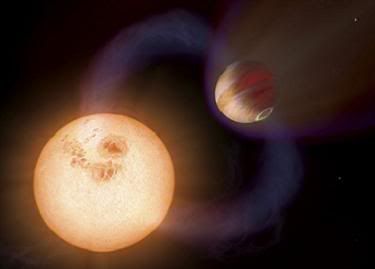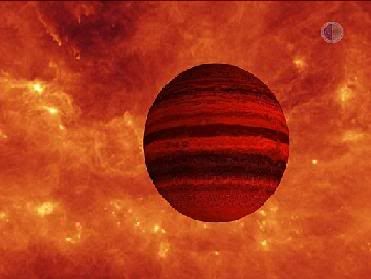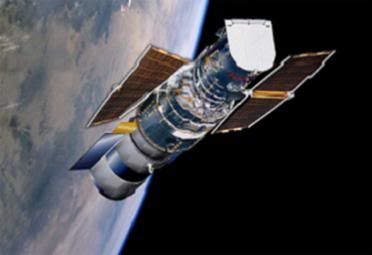Post by glactus on Aug 25, 2011 1:06:12 GMT

An Xoplanet
An international team of scientists led by the University of Exeter is aiming to answer some of the biggest questions facing astronomy today. The team has secured a large programme of nearly 200 hours on NASA's Hubble Space Telescope to explore the atmospheric conditions of planets outside our solsr system known as exoplanets.

A Hot jupiter
Large programmes on the Hubble Space Telescope have historically led to data sets with a lasting legacy.
The research will focus on 'Hot Jupiters,' which are exoplanets that are similar in size to Jupiter, but with temperatures of 1,000 degrees or more because they orbit so closely to their respective stars. Data gathered using the Hubble Space Telescope will tell us more than ever before about the atmospheric composition of these planets outside our solar system.

The Hunbble Space telescope
By understanding the chemical make-up of exoplanet atmospheres around eight 'hot Jupiters' and perfecting the difficult techniques needed to make these precise measurements, the researchers will also help prepare for future searches for life on exoplanets.
The team aims to use the Hubble Space Telescope to detect and understand a mysterious gas in the stratospheres around these planets, causing a similar effect to the ozone layer on Earth. This gas is detectable as it absorbs light from the parent star when the planet passes in front of the star.
In August 2010, two teams - one at the University of Exeter and the other in Florida - developed a new technique, which led to the detection of potassium around a 'Hot Jupiter', giving us the first clues as to why some of these planets appear as black as charcoal in visible light.
Over the next two years, the researchers will use tools developed at the University of Exeter to analyse the huge amounts of data collected.
Credits: These are non copywrite images
Text: This is part text only. See full text and all scientists involved at Space daily.com
www.spacedaily.com/reports/International_team_to_use_Hubble_Space_Telescope_to_answer_key_astronomy_questions_999.html


